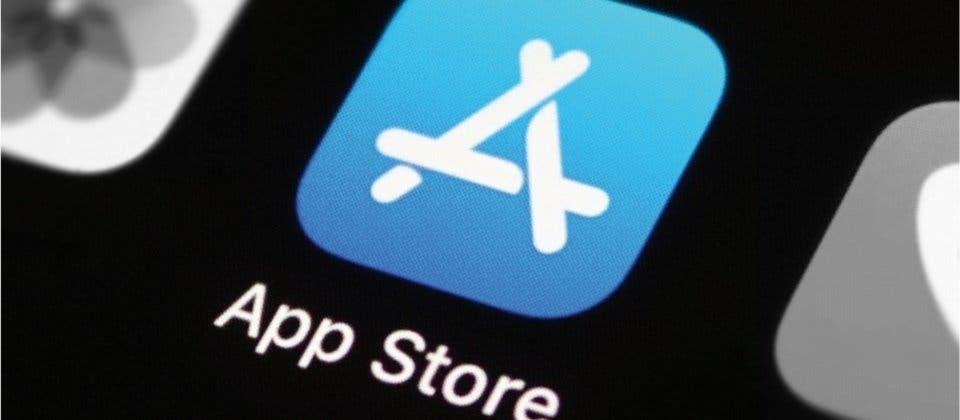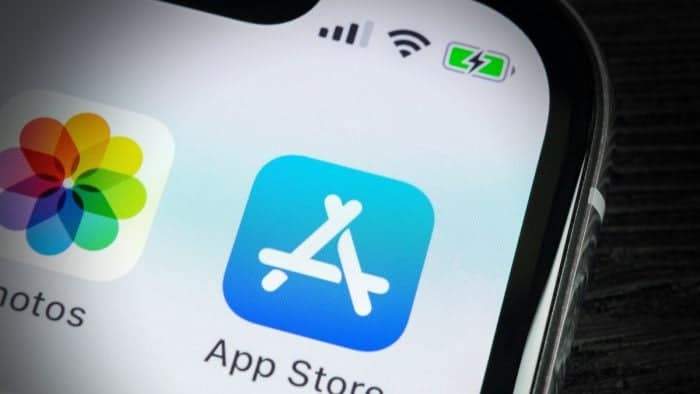The App Store, unlike Google Play, did not have and does not have an alternative. The Cupertino company not only does not welcome the emergence of third-party app stores; but also in every possible way prevents this. Apple has always broadcast the idea that users should only download secure software that meets established standards.
In its opinion, only the App Store guarantees the safety of the utilities. A special unit of censors has been created here, which filters applications to prevent them from entering the software store with malicious scripts. Many are unhappy with this policy of Apple and accuse it of monopoly capture of the market for mobile applications for iOS. Moreover, malware still penetrates the App Store.
Regulators in a number of countries are trying to change this situation and get third-party app stores and alternative payment methods to enter the market. They decided to find out from Tim Cook how he relates to such attempts to redistribute the market for mobile applications for iOS.

For the benefit of users: Tim Cook explains the lack of alternative iOS app stores
“The main thing we’re focused on in the App Store is keeping our focus on privacy and security. These are the two major tenets that have produced a very trusted environment where consumers and developers come together. Consumers can trust the developers and the apps are who they say they are. Developers get a huge audience to sell their software to.
That’s sort of number one on our list. Everything else is a distant second. What we’re doing is working to explain the decisions that we’ve made that are key to keeping our privacy and security. Not having sideloading and alternate ways on the iPhone where we’re opening up the iPhone to unreviewed apps that get by the privacy restrictions we put on the App Store”.
Cook continues that Apple is “focusing on discussing the privacy and security” of the App Store with regulators and legislators.
It is worth mentioning that yesterday, Apple has revealed its quarterly report. The iPhone segment remains the company’s main source of income. At the end of the third quarter; it became clear that the total quarterly revenue of Apple was lower by $ 6 billion from the likely level; although it grew by 29% year-on-year to a record $ 83.4 billion for the quarter.
September on the Apple calendar closes the fiscal year, so the past quarter was the fourth for the company. Revenue for the whole year increased by one third to $ 366 billion. Revenue growth in all product categories exceeded 20%.





